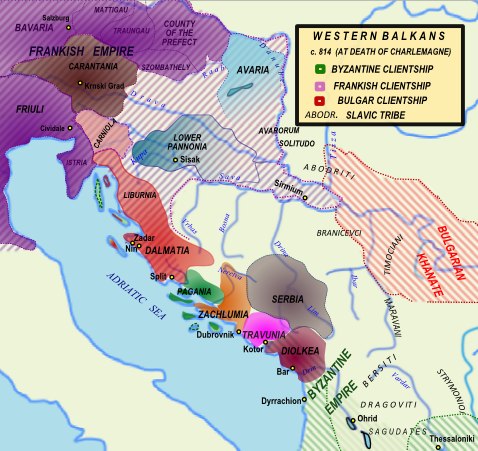Hello everyone and welcome to another Europa Universalis development diary. Last week we released the 1.20 ‘Ming’ Update and the Mandate of Heaven expansion. It is almost four years since we originally released the game, and it is still growing in popularity!
We just released a hotfix to address some urgent issues, but we’re also working on a new patch called 1.21 ‘Hungary’, which will be released in late April, if all goes well.
In 1.21 we’ve worked a lot on further improving the AI, fixing bugs and balanced the game as we usually do.
You may remember the talks we had in the winter, about how we were not satisfied with Sailors. Now in 1.21, we’re solving this problem, by doing the following things. First of all, ships out on the sea, will drain 2% of their Sailor build cost each month. Now with current values and playstyles, that would not be ideal, as your sailor pool would quickly be drained.
We are rather happy with the end result, a better naval game, where all buildings are viable choices, and you need to invest in having the support for a naval force.
We also strengthened the naval ideagroup, by making Naval Cadets also reduce morale damage from sunk ships by 33%, increase Press Gangs from 20 to 25% Sailor Recovery Speed, and changing Superior Seamanship from 15% Naval Morale to 10% Naval Morale and adding +10% Naval Engangement modifier (ie, lets 10% more ships fire each round).

A cool thing we are adding in 1.21, is a new decision to form Yuan!
In 1444, the Ming dynasty is still in its relative infancy, having taken over China from the Yuan Empire in in the late 14th century. The remnants of the Yuan still remain in our start date in the form of the Mongolia tag (something you can already see in the tooltip for previous Emperors in the Empire of China interface).
For patch 1.21 we have expanded a bit on this and added a decision for Altaic countries to restore the Great Yuan Empire and reclaim the heritage of Kublai Khan. It will require you to unite the Eastern Altaic cultures and be the Empire of China (or at least Empire rank if you lack the Mandate of Heaven DLC) and will grant claims and ideas based on the Yuan Dynasty.

Speaking of forming nations, any manchu culture nation can form Manchu in 1.21
Next week, Trin Tragula will tell you all why the patch is called Hungary...
We just released a hotfix to address some urgent issues, but we’re also working on a new patch called 1.21 ‘Hungary’, which will be released in late April, if all goes well.
In 1.21 we’ve worked a lot on further improving the AI, fixing bugs and balanced the game as we usually do.
You may remember the talks we had in the winter, about how we were not satisfied with Sailors. Now in 1.21, we’re solving this problem, by doing the following things. First of all, ships out on the sea, will drain 2% of their Sailor build cost each month. Now with current values and playstyles, that would not be ideal, as your sailor pool would quickly be drained.
- Each development now provides 30 instead of 25 sailors.
- Naval Tradition provides 20% faster sailor recovery instead of +10%.
- Docks and Shipyards (both versions) have swapped placed in the technology tree.
- Autonomy from Burghers Estate no longer impact sailors from development.
- Sheltered Ports in Maritime Ideas group reduces Sailor Maintenance by 10%.
We are rather happy with the end result, a better naval game, where all buildings are viable choices, and you need to invest in having the support for a naval force.
We also strengthened the naval ideagroup, by making Naval Cadets also reduce morale damage from sunk ships by 33%, increase Press Gangs from 20 to 25% Sailor Recovery Speed, and changing Superior Seamanship from 15% Naval Morale to 10% Naval Morale and adding +10% Naval Engangement modifier (ie, lets 10% more ships fire each round).

A cool thing we are adding in 1.21, is a new decision to form Yuan!
In 1444, the Ming dynasty is still in its relative infancy, having taken over China from the Yuan Empire in in the late 14th century. The remnants of the Yuan still remain in our start date in the form of the Mongolia tag (something you can already see in the tooltip for previous Emperors in the Empire of China interface).
For patch 1.21 we have expanded a bit on this and added a decision for Altaic countries to restore the Great Yuan Empire and reclaim the heritage of Kublai Khan. It will require you to unite the Eastern Altaic cultures and be the Empire of China (or at least Empire rank if you lack the Mandate of Heaven DLC) and will grant claims and ideas based on the Yuan Dynasty.

Speaking of forming nations, any manchu culture nation can form Manchu in 1.21
Next week, Trin Tragula will tell you all why the patch is called Hungary...



